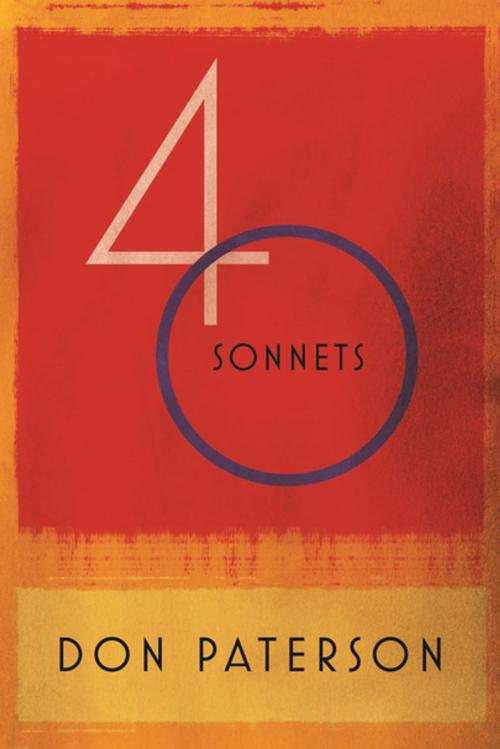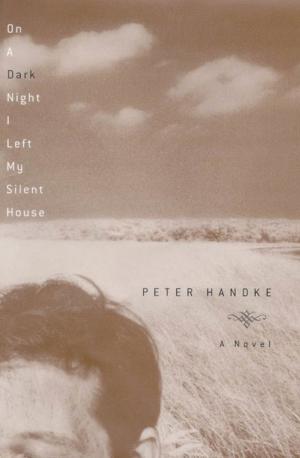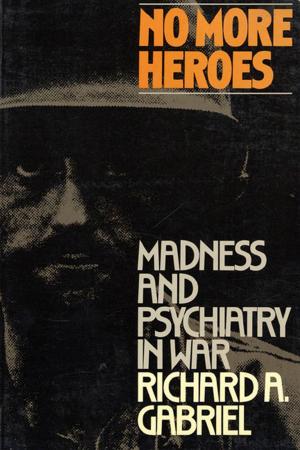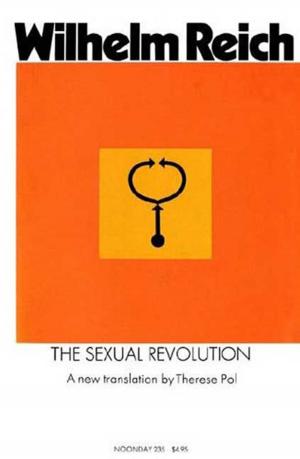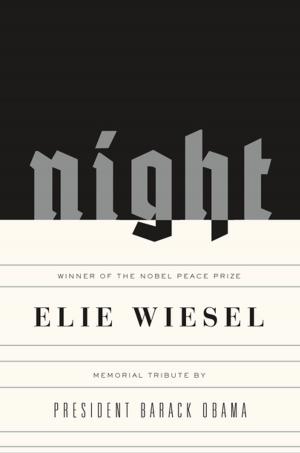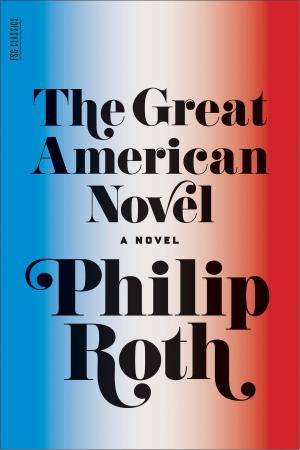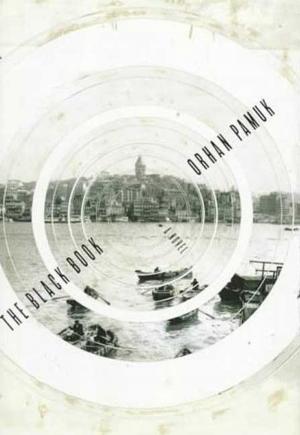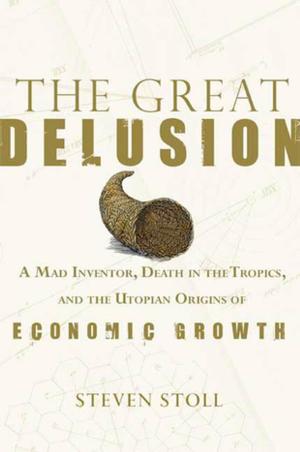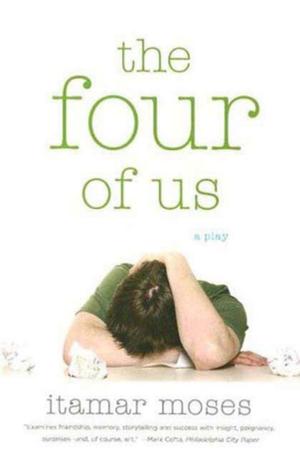| Author: | Don Paterson | ISBN: | 9780374716189 |
| Publisher: | Farrar, Straus and Giroux | Publication: | May 2, 2017 |
| Imprint: | Farrar, Straus and Giroux | Language: | English |
| Author: | Don Paterson |
| ISBN: | 9780374716189 |
| Publisher: | Farrar, Straus and Giroux |
| Publication: | May 2, 2017 |
| Imprint: | Farrar, Straus and Giroux |
| Language: | English |
This collection, which won the 2015 Costa Poetry Award, is an exhibition of the Dundee-born poet’s stunningly accomplished adoption of the sonnet’s ancient structure
This collection from Don Paterson, his first since the Forward Prize–winning Rain in 2009, is a series of forty luminous sonnets. Some take a traditional form, while others experiment with the reader’s conception of the sonnet, but they all share the lyrical intelligence and musical gift that has made Paterson one of our most celebrated poets.
Addressed to friends and enemies, the living and the dead, children, musicians, poets, and dogs, these poems are as ambitious in their scope and tonal range as in the breadth of their concerns. Here, voices call home from the blackout and the airlock, the storm cave and the séance, the coal shed, the war, the highway, the forest, and the sea. These are voices frustrated by distance and darkness, which ring with the “sound that fades up from the hiss, / like a glass some random downdraught had set ringing, / now full of its only note, its lonely call.”
In 40 Sonnets, Paterson returns to some of his central themes—contradiction and strangeness, tension and transformation, the dream world, and the divided self—in some of the most powerful and formally assured poems of his career.
This collection, which won the 2015 Costa Poetry Award, is an exhibition of the Dundee-born poet’s stunningly accomplished adoption of the sonnet’s ancient structure
This collection from Don Paterson, his first since the Forward Prize–winning Rain in 2009, is a series of forty luminous sonnets. Some take a traditional form, while others experiment with the reader’s conception of the sonnet, but they all share the lyrical intelligence and musical gift that has made Paterson one of our most celebrated poets.
Addressed to friends and enemies, the living and the dead, children, musicians, poets, and dogs, these poems are as ambitious in their scope and tonal range as in the breadth of their concerns. Here, voices call home from the blackout and the airlock, the storm cave and the séance, the coal shed, the war, the highway, the forest, and the sea. These are voices frustrated by distance and darkness, which ring with the “sound that fades up from the hiss, / like a glass some random downdraught had set ringing, / now full of its only note, its lonely call.”
In 40 Sonnets, Paterson returns to some of his central themes—contradiction and strangeness, tension and transformation, the dream world, and the divided self—in some of the most powerful and formally assured poems of his career.
